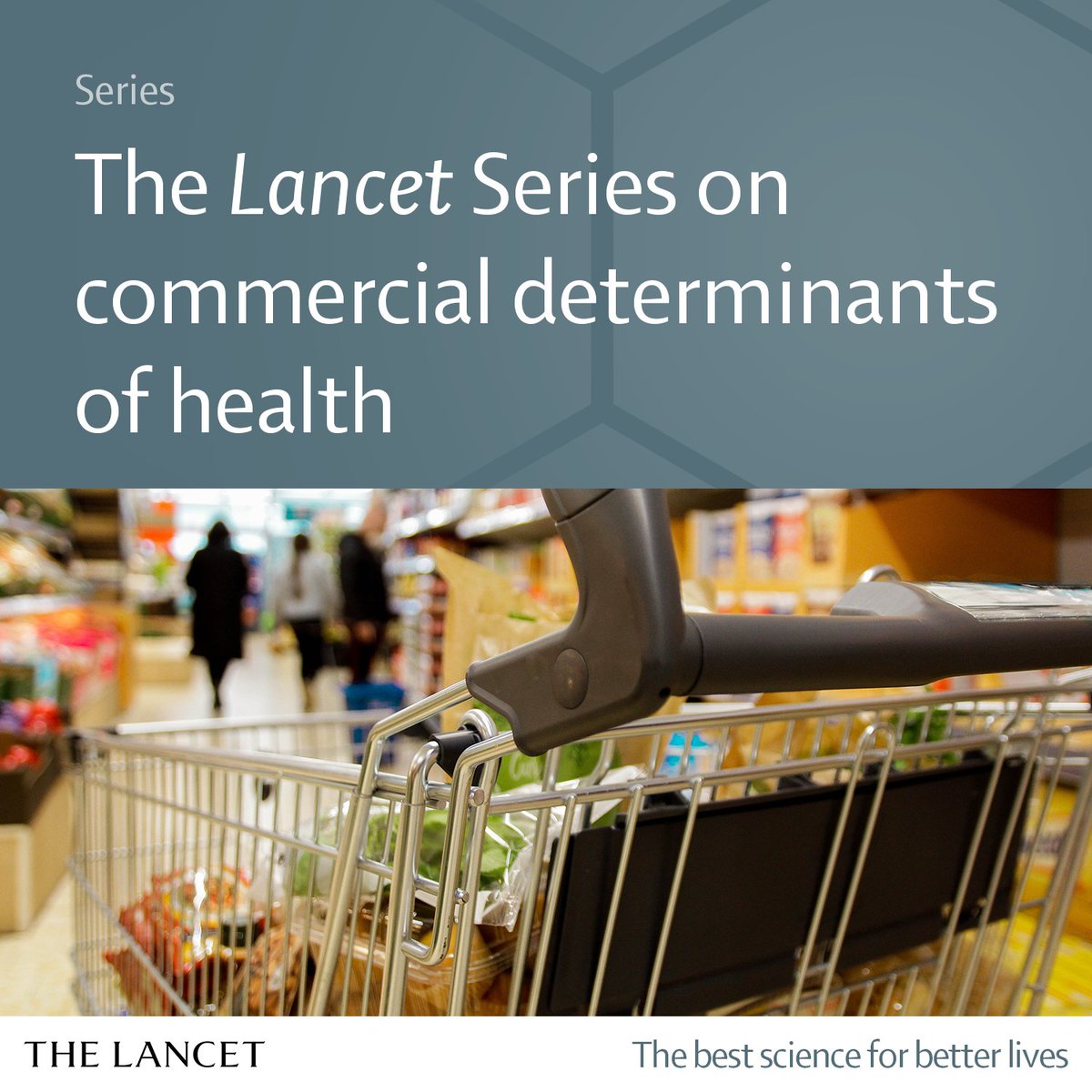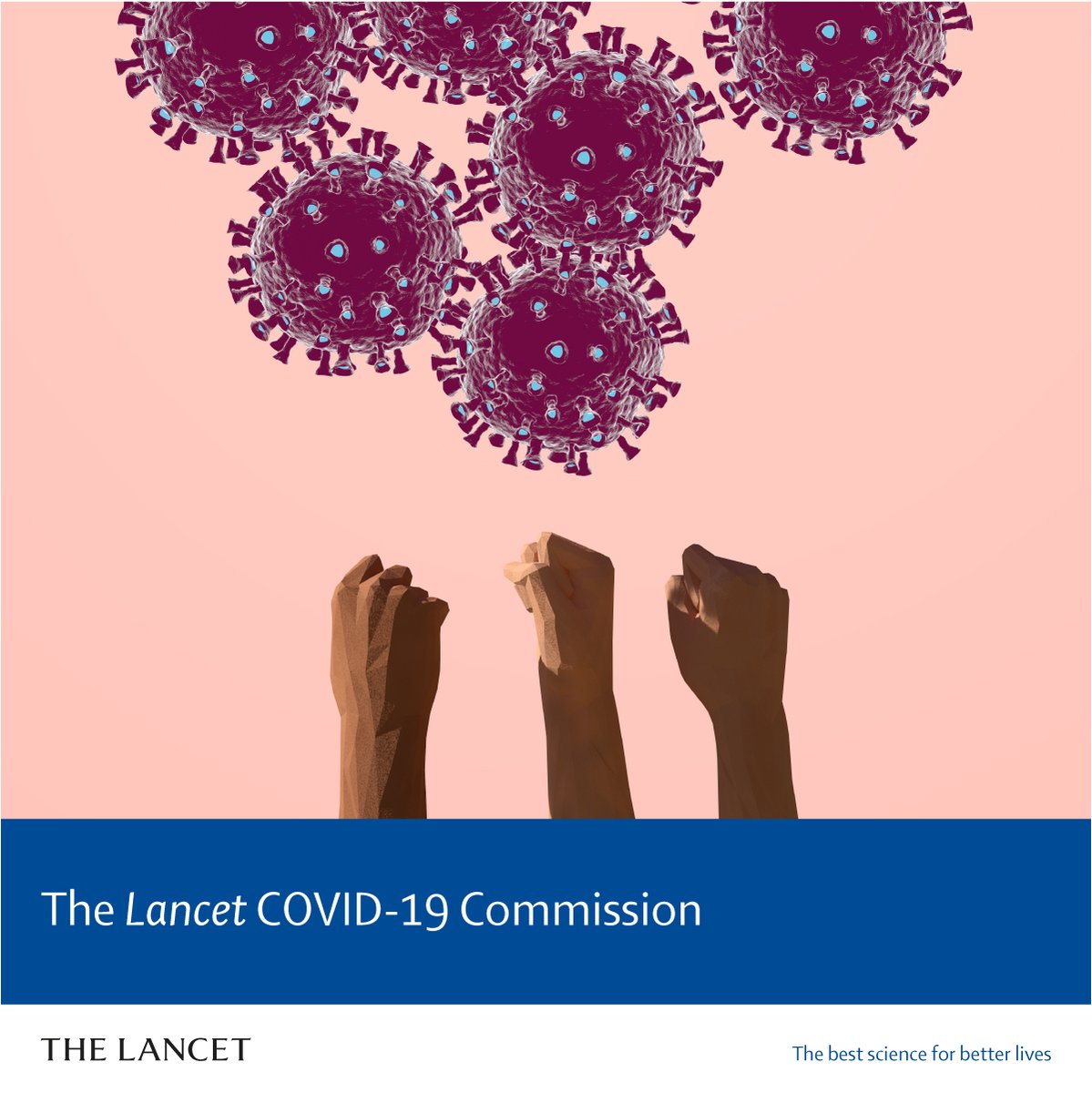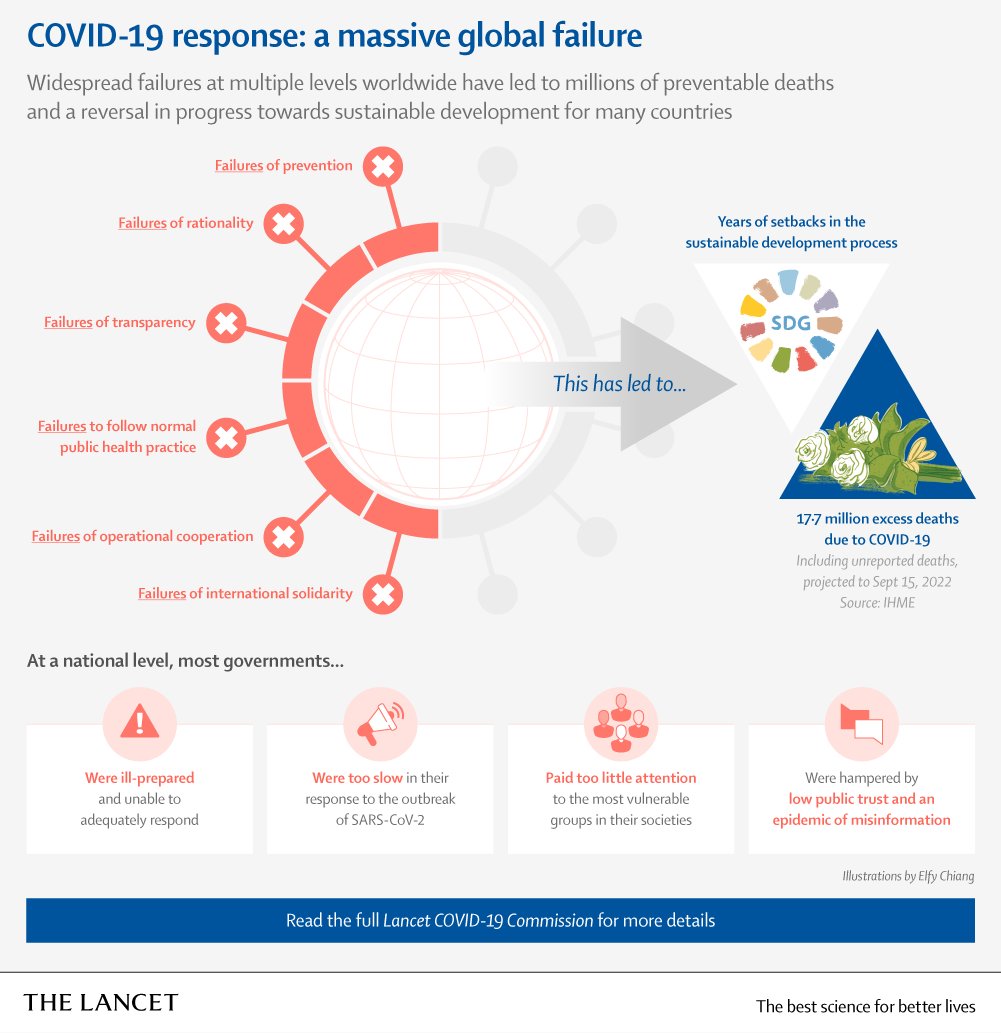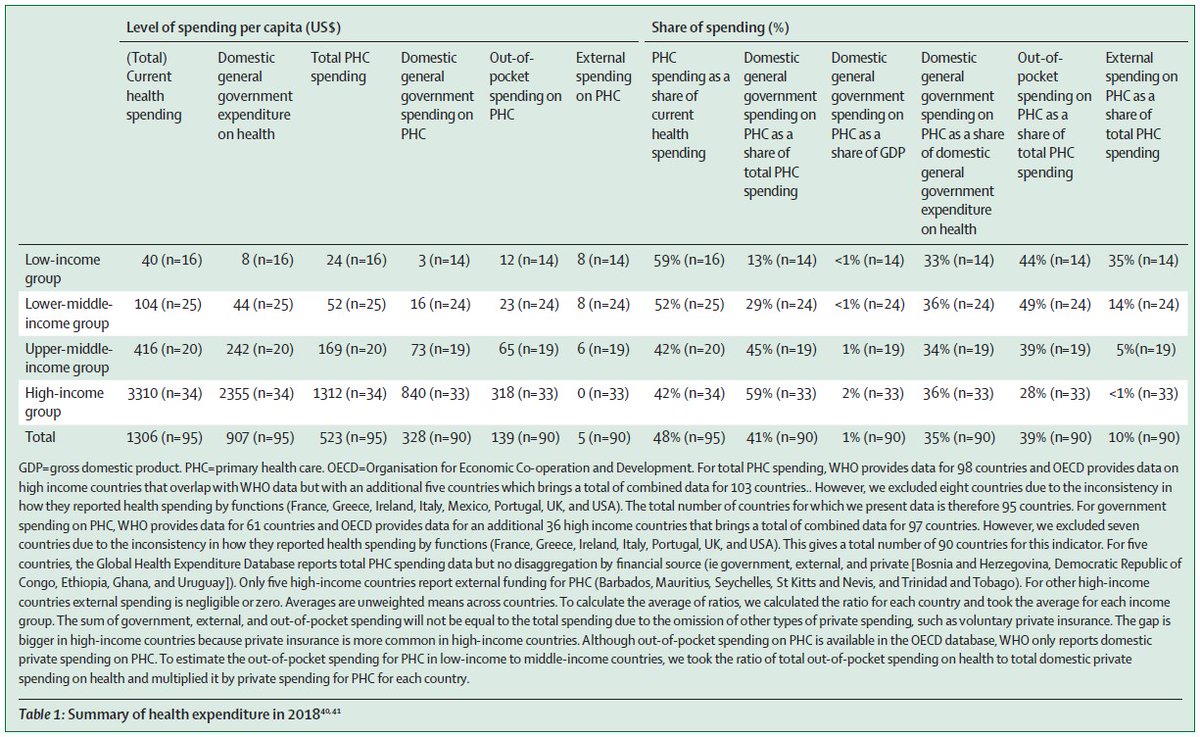On this day, in 1981, 5 cases of what came to be known as AIDS, were reported in @CDCMMWR—changing the world.
Today, the Lancet journals reflect on the science and people behind #40YearsOfHIV/AIDS response through a special collection of content ➡️ hubs.li/H0PGLbC0
Today, the Lancet journals reflect on the science and people behind #40YearsOfHIV/AIDS response through a special collection of content ➡️ hubs.li/H0PGLbC0

Months later, Kenneth Hymes et al. published an article in @TheLancet describing Kaposi's sarcoma in a group of young homosexual men in New York, suggesting a sexually transmissible disease might have a role in the pathogenesis of the rare cancer.
Read hubs.li/H0PGMwN0.
Read hubs.li/H0PGMwN0.

In 1984, Philippe Van De Perre et al. and Peter Piot et al. provided early data on #AIDS in Rwanda and Zaire.
Udani Samarasekera talks to Peter, Director of @LSHTM, about the first African research project on AIDS, @UNAIDS, and hopes for the future: hubs.li/H0PGL9f0
Udani Samarasekera talks to Peter, Director of @LSHTM, about the first African research project on AIDS, @UNAIDS, and hopes for the future: hubs.li/H0PGL9f0

Remarkable progress has been made since AIDS was first discovered.
@TheLancetHIV’s latest Editorial tracks #40YearsOfHIV/AIDS response through Lancet articles and reaffirms the Lancet group's commitment to HIV/AIDS.
Read hubs.li/H0PGLbJ0. #LancetHIV40
@TheLancetHIV’s latest Editorial tracks #40YearsOfHIV/AIDS response through Lancet articles and reaffirms the Lancet group's commitment to HIV/AIDS.
Read hubs.li/H0PGLbJ0. #LancetHIV40

In the 1980s, messaging around HIV triggered fear and victim blaming. Today, messaging signals ending HIV is possible and people with HIV can live productive lives.
Explore the evolution of public health messaging about HIV in @TheLancetHIV: hubs.li/H0PGQSZ0 #LancetHIV40

Explore the evolution of public health messaging about HIV in @TheLancetHIV: hubs.li/H0PGQSZ0 #LancetHIV40


For this significant anniversary, @ChrisBeyrer shares a personal account of #40YearsOfHIV/AIDS, from the early cases to the first successful trial, to the persisting challenges of the present day.
Mark this important date—Read hubs.li/H0PGL9n0. #LancetHIV40
Mark this important date—Read hubs.li/H0PGL9n0. #LancetHIV40

Visit our NEW hub, #40YearsOfHIV/AIDS response, featuring:
-Past successes and future challenges
-Views from the frontline
-Commissions and Series
-Multimedia
➡️ hubs.li/H0Pqg4K0 #LancetHIV40
-Past successes and future challenges
-Views from the frontline
-Commissions and Series
-Multimedia
➡️ hubs.li/H0Pqg4K0 #LancetHIV40

• • •
Missing some Tweet in this thread? You can try to
force a refresh















